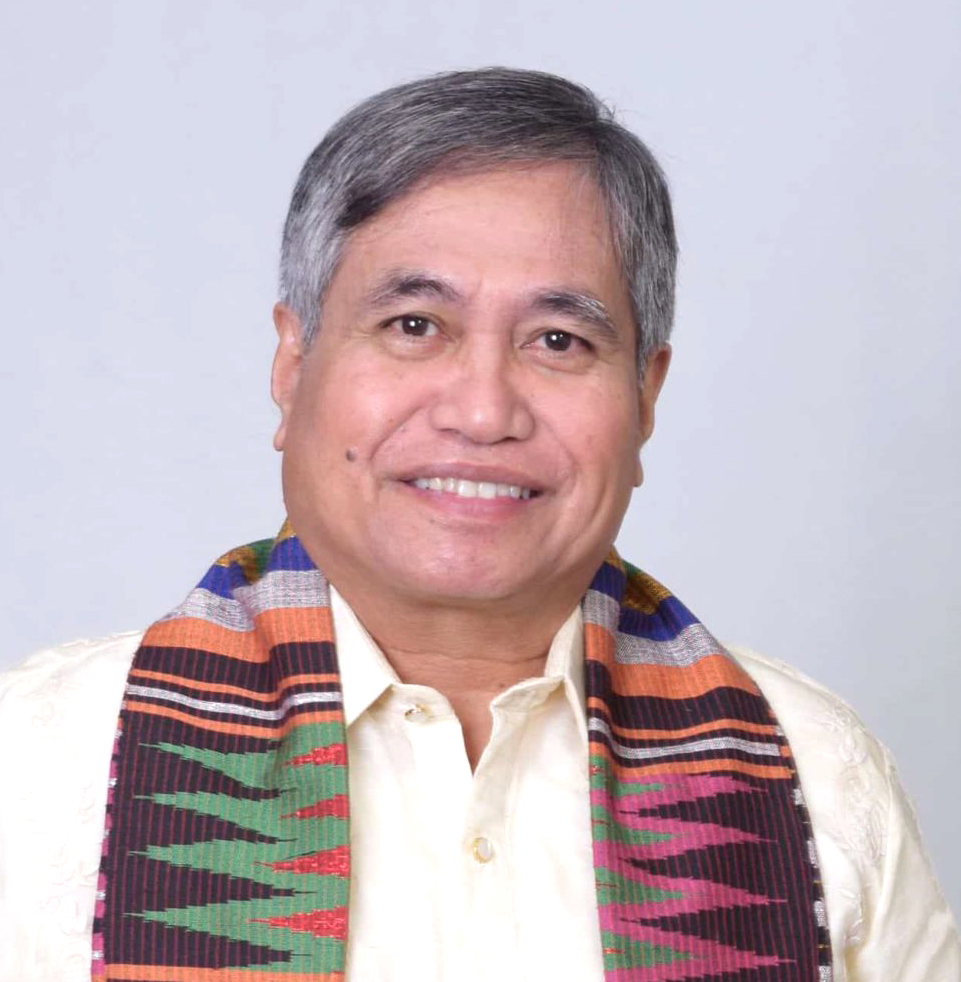FROM THE MARGINS

Last night, as I watched the usual New Year revelry, I remember Hans Christian Andersen’s “The Little Match Girl” — the story of a poor girl selling matches in the street on New Year’s Eve. She was hungry and cold, but nobody paid her attention and no one bought her matches. As the night became colder, she began to strike matches for herself, catching glimpses of warmth and comfort as she did so. She imagined herself in heaven with her beloved grandmother. It is a tragic tale for some, but Andersen viewed it as one with a happy ending. I always had mixed feelings about it, but today, it is a perfect reminder for me to be grateful for my blessings and do whatever I can to help others. It is just what I need to greet the new year.
As a poverty eradication and financial inclusion advocate, I have chosen microfinance as a platform for social change. Almost four decades of working in this field have given me many opportunities to meet people who lifted their families out of poverty through hard work and perseverance. Their stories serve as beacons of hope in their communities and never fail to inspire me.
A tale of two women
Rowena Baya, 54, and Juvy Fabro, 41, are the national winners of the “Gawad Maunlad-Micro-Category” in the recently-held “Pagkilala sa mga Likha ni Inay Award” for microfinance clients and their successful businesses. Rowena, a microfinance member for almost 17 years, is the owner of the popular Earl-John Chicharon Factory and Pasalubong Center in Carcar, Cebu. Juvy, in turn, is the owner of Thovy’s Pandesal Bakery and Oscor Mart, a convenience store with a pharmacy in San Fernando, La Union. She has been a microfinance member for the last five years.
“I met my husband on a bus while we were both selling kakanin,” shares Rowena. They continued this enterprise even after they got married, saving whatever they could to be able to buy 25 kilos of rice, which her husband, Vercel, cooked into biko (ricecakes) or ampao (rice puffs). They also bought 30 kilos of bananas to make banana chips, which they sold to neighbors and travelers. Rowena and Vercel learned the skills from their parents and both are grateful for this “pamana” (legacy) from their forebears.
Rowena has always been enterprising, even if she finished only Grade 1. She joined a microfinance institution (MFI) so she could borrow ₱3,000 to start a chicharon (crackling) production business in Carcar. She was able to grow this enterprise with her MFI’s support through the years. Today, Earl-John Chicharon (named after her two sons) has become very popular, with tourists and local customers pushing gross sales to more than ₱2.7 million annually. The business enabled the family to put all the children through college, build a house, and buy vehicles for both business and personal use.
Like Rowena, Juvy also grew her bakery with an initial ₱5,000 loan from her MFI. She was able to borrow bigger amounts after completing several loan cycles, which helped grow her businesses. Her bakery’s annual gross sales now reach as high as ₱1.2 million, while her convenience store has gross sales of about ₱7.2 million. Juvy gives back to the community by employing neighbors and supporting livelihood programs, especially for single mothers, who she wants to also succeed in their home-based microenterprises.
Rowena is grateful to her MFI for helping secure a better future for her children. She taught them not just the value of hard work but appreciation for microfinance, which is like a ray of hope for those who have no access to banks because they do not have assets to offer as collateral for loans. She says her MFI enabled them to realize their dreams, support their children’s education and lift them from poverty (“Ang MFI namin ang nagsilbing instrument upang matupad ang aming mga pangarap sa buhay, mapag-aral ang aming mga anak at maiahon sila sa kahirapan”). She continues: “Mawala man kami, nakatatak na sa isipan ng aming mga anak ang aming MFI na nagbigay ng pangunahing puhunan sa aming negosyo (Even when we are gone, our children will always remember that our MFI was the first to offer us capital for our business).”
Living reminders
Rowena and Juvy both remind us that social transformation is possible. Their inspiring stories serve as brightly-lit matchsticks that give hope and reassurance that whatever challenges may come in 2024, we can bounce back and make things better. Thus, my New Year’s resolution is to continue writing and sharing true stories of hope from microfinance clients, who could serve as inspiring role models for poor Filipinos and those who are experiencing life’s difficulties.
I wish you all the best of 2024! Oprah Winfrey is on point: “Cheers to a new year and another chance for us to get it right.”
(Dr. Jaime Aristotle B. Alip is a poverty eradication advocate. He is the founder of the Center for Agriculture and Rural Development Mutually-Reinforcing Institutions (CARD MRI).)